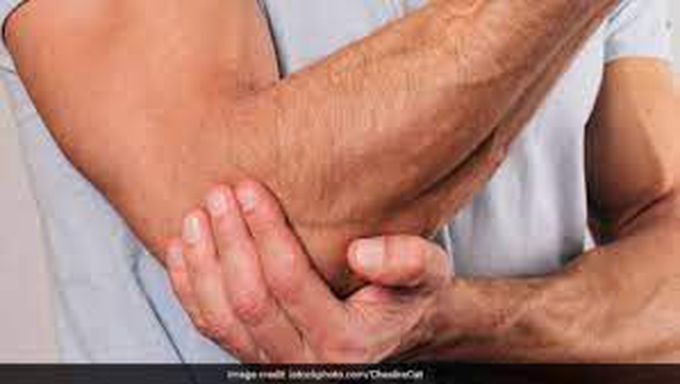

What causes muscle pain after exercise, and how can it be quickly relieved?
We are all aware of the advantages of physical activity. Cardiovascular exercise benefits the heart and burns fat. Strength training benefits our bones, helps us gain muscle, and increases our metabolism. These advantages are required for us to live active, meaningful lives. What causes muscle soreness after exercise? The first thing to understand about muscle soreness is that it can affect anyone, regardless of their level of fitness or if they have recently changed the type, degree, or length of their exercise program. This is because all of us create muscle by first breaking it down. "The additional strain put on your body during exercise causes microscopic tears in your working muscle," the author goes on to say. "These little tears are quite common. They are actually required for muscular development. These microtears, on the other hand, cause pain. When the body repairs and patches up these microscopic tears, muscle grows back stronger and healthier than before, but at a horrible cost. Acute muscle soreness, which occurs during or shortly after a workout and is associated with muscular fatigue rather than muscle repair and strengthening, should not be confused with delayed onset muscle soreness. What is the duration of delayed onset muscular pain? "Typically, delayed onset muscle soreness begins about 12 to 24 hours after exercise and can peak anywhere between one and three days," according to the explanation. Use a pain reliever. Although (Aspadol 150 mg) or (Tapaday 200 mg) will not speed up muscle mending, they will assist you deal with soreness. There is no obvious reason for the delay in muscular soreness. However, the length of your discomfort will most likely be decided by the intensity of your workout. "The more intense the workout, the longer the muscle healing and rebuilding process may take," says one researcher. How to Relieve Muscle Pain after Working Out Soreness is unavoidable if the goal is to build muscle and gain strength. Is there anything you can do to help? Or are aching muscles simply a matter of suffering through the discomfort? "Delayed onset muscle soreness is a completely natural process that indicates your muscles are getting stronger — so there's no danger in just riding it out. "However, it can be unsettling," Medical points out. "Fortunately, there are a few things you can do to help ease the pain." Here are seven muscle-relieving tips: Get your feet moving. Moving your muscles, believe it or not, is one of the best ways to alleviate muscular discomfort. This can be accomplished through light cardio or active recuperation, such as stretching, foam rolling, or yoga. Make sure you warm up first. Making ensuring your muscles are prepared for action before you challenge them is a vital aspect of safeguarding them. Allow for several minutes of warm-up time before each session. Begin a new exercise program gradually. Going from 0 to 60 does nothing for your muscles. Allowing them time to adjust can help reduce the degree of your pain. When beginning a new workout regimen or increasing the intensity, make sure to do so gradually over several days or weeks. Soak in a salt water bath. Soaking in warm water with Epsom salts might help you relax and ease pain. https://lifecarepills.com/product/aspadol-150mg/ https://lifecarepills.com/product/tapaday-200-mg/

